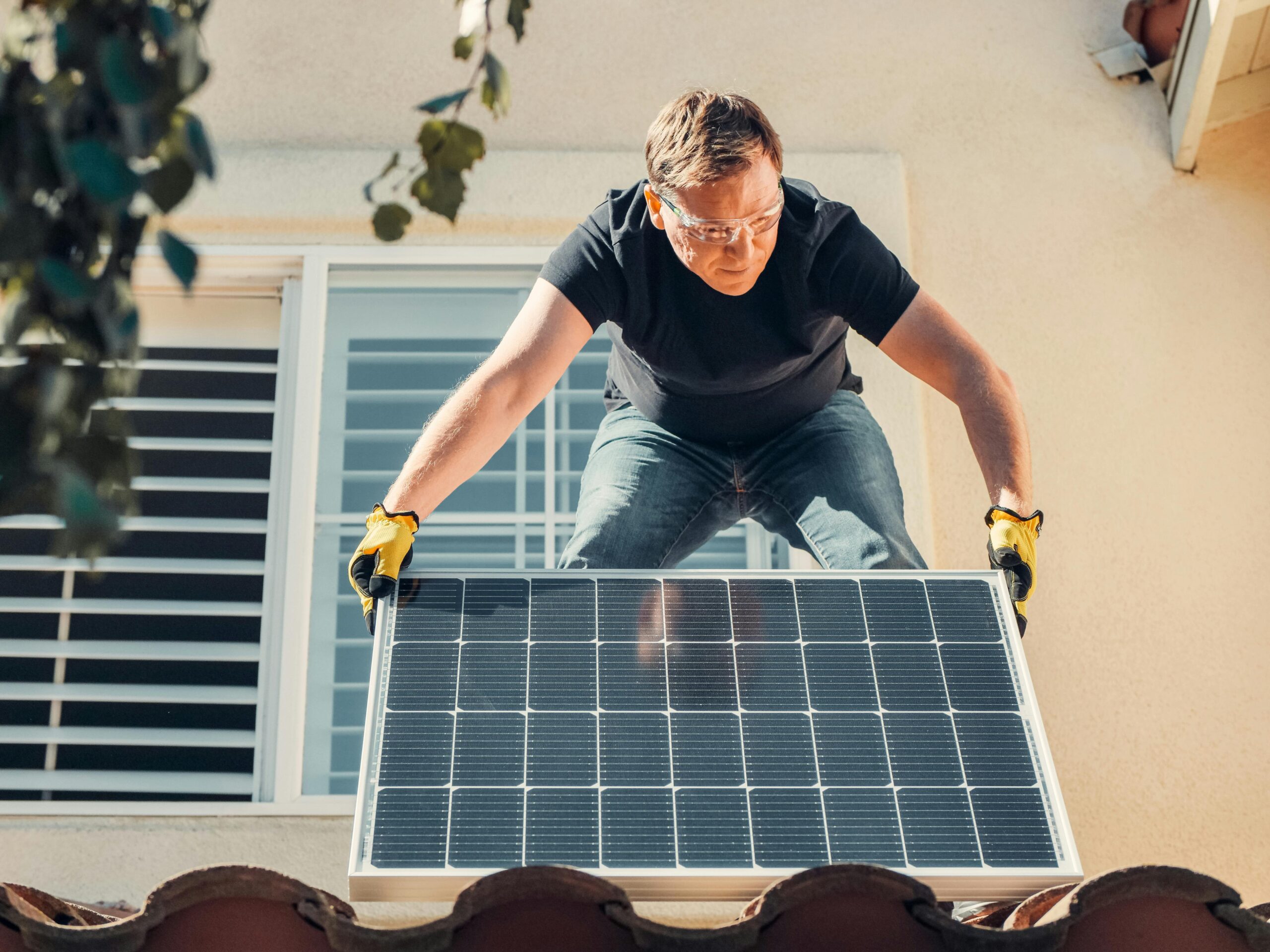Investing in solar panels can be a significant decision for homeowners. It promises not only environmental benefits but also substantial financial savings in the long run. However, understanding the return on investment (ROI) can help make an informed decision. Here’s a comprehensive guide on how to calculate the ROI of a solar panel installation for your home.
Determine the Initial Costs
The first step in calculating the ROI is to determine the initial costs of the solar panel installation. This includes the price of the solar panels, inverters, mounts, and other equipment, as well as installation labor costs. On average, the cost of installing a solar panel system in the United States is around $15,000 to $25,000 before any incentives or rebates.
Factor in Incentives and Rebates
Various federal, state, and local incentives can significantly reduce the upfront cost of solar panel installation. The Federal Investment Tax Credit (ITC) allows you to deduct a significant percentage of your solar panel installation costs from your federal taxes. For example, if the ITC is 26%, a $20,000 system would provide a tax credit of $5,200, reducing the net cost to $14,800.
Calculate Your Energy Savings
To determine your energy savings, start by reviewing your past utility bills to find out how much you’re spending on electricity each year. Then, estimate how much electricity your new solar panel system will generate. Most systems produce between 1,000 to 1,500 kWh per kW of installed solar capacity annually. For example, a 5 kW system might produce around 7,500 kWh per year. If your current electricity rate is $0.12 per kWh, this system could save you approximately $900 per year (7,500 kWh * $0.12).
Account for Rising Energy Costs
Electricity rates typically increase over time. By going solar, you protect yourself against these rising costs. Historical data shows that electricity prices rise by an average of about 2-3% per year. By calculating the compounded savings over the lifespan of the system, which is typically 25-30 years, you get a clearer picture of the long-term financial benefits.
Include Maintenance Costs
Solar panels require minimal maintenance, but it’s essential to factor in any potential costs. This includes occasional cleaning, monitoring, and inverter replacement. While solar panels generally come with a 25-year warranty, inverters may need replacement every 10-15 years, costing about $1,000 to $2,000. Spread over the lifespan of the system, these costs are relatively low but should be included in the ROI calculation.
Calculate the Payback Period
The payback period is the time it takes for your energy savings to equal the initial investment. You can calculate this by dividing the net installation cost by the annual savings. For example, if your net installation cost is $15,000 and you save $900 annually, your payback period would be approximately 16.7 years ($15,000 / $900).
Estimate the Total ROI
The ROI of a solar panel installation can be calculated using the following formula:
ROI (%) = (Total Savings over System Lifespan – Net Installation Cost) / Net Installation Cost * 100
Assuming a system lifespan of 25 years, with annual savings of $900, your total savings would be $22,500. If your net installation cost was $15,000, the ROI calculation would be:
ROI (%) = ($22,500 – $15,000) / $15,000 * 100 = 50%
Consider the Increase in Home Value
Installing solar panels can increase your home’s value. Studies show that homes with solar panel systems sell for more than those without. While this varies by market, an increase in home value can provide an additional ROI benefit. For instance, a $15,000 solar system might increase your home’s value by around $10,000 to $20,000, depending on the market.
Conclusion
Calculating the ROI of a solar panel installation involves several factors, including initial costs, incentives, energy savings, rising electricity rates, maintenance costs, and the increase in home value. By carefully considering these elements, you can determine whether investing in solar panels is a financially sound decision for your home. With proper planning and realistic expectations, a solar panel system can offer substantial long-term savings and environmental benefits, making it a worthwhile investment.
4o

